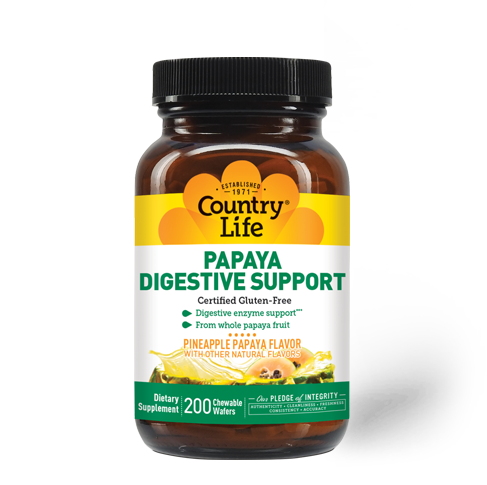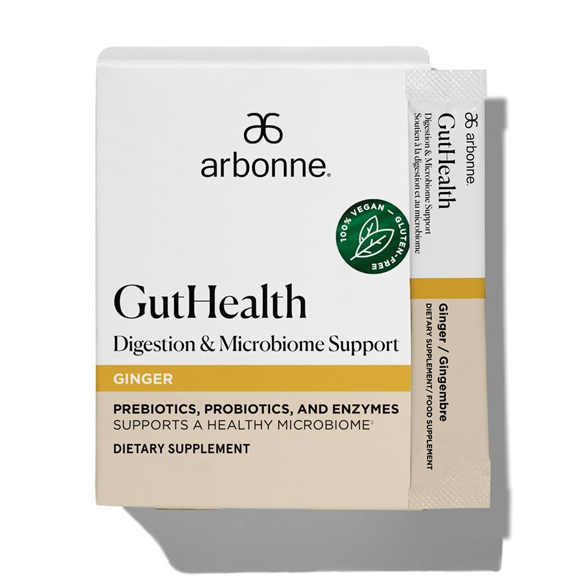Finding a Gut Health Supplement That Works: Your Guide to Better Digestion
Finding a Gut Health Supplement That Works: Your Guide to Better Digestion
Blog Article
Discover the Secret to Digestion and Immunity With Gut Health And Wellness Support

Comprehending Intestine Health And Wellness
Understanding intestine health is crucial for general well-being, as it plays a considerable duty in digestion, immunity, and even psychological wellness. The digestive tract, consisting of the stomach tract, is accountable for breaking down food, soaking up nutrients, and removing waste. A well balanced digestive tract setting guarantees effective food digestion, allowing the body to use nutrients properly.
Moreover, digestive tract wellness significantly affects the body immune system. The intestine houses a substantial portion of the body's immune cells, and a healthy and balanced intestine can aid fend off pathogens and decrease swelling. Interruptions in intestine wellness can lead to an overactive immune reaction, potentially contributing to autoimmune disorders and allergies.
Additionally, the intestine is often referred to as the "second mind" as a result of the gut-brain axis, an intricate interaction network connecting the brain and the digestive tract. This link affects state of mind, cognition, and emotional wellness. Problems such as dysbiosis, defined by an imbalance in digestive tract bacteria, have been connected with mental health problems, including stress and anxiety and anxiety.
The Digestive Tract Microbiome Explained

The digestive tract microbiome, a diverse neighborhood of microbes staying in the intestinal tract, plays a pivotal role in keeping gastrointestinal health and overall health. Comprising trillions of germs, infections, fungis, and various other germs, this complicated environment aids in the digestion of food, the synthesis of crucial nutrients, and the regulation of metabolic procedures.
Each individual's intestine microbiome is special, influenced by factors such as diet regimen, way of living, genes, and environmental direct exposures. A balanced microbiome sustains optimal digestion by damaging down complicated carbs, creating short-chain fats, and assisting in the absorption of nutrients. Conversely, an inequality, usually referred to as dysbiosis, can bring about digestion disorders, including short-tempered bowel disorder (IBS) and inflammatory digestive tract illness (IBD)
Study has shown that a diverse microbiome is associated with far better health and wellness end results, underscoring the value of nutritional options in nurturing these microbes. Foods rich in fiber, probiotics, and prebiotics, such as fruits, veggies, and fermented items, can promote a healthy microbiome. Recognizing the digestive tract microbiome is important for creating targeted treatments intended at improving digestion health and wellness and avoiding intestinal conditions.

Link Between Food Digestion and Immunity
A robust link exists between digestion and resistance, highlighting the essential duty of the gut in keeping overall health. The stomach system is home to trillions of microorganisms that create the digestive tract microbiome, which substantially influences both immune reactions go and gastrointestinal procedures. This facility environment aids in damaging down food, taking in nutrients, and giving essential metabolites that sustain immune function.
When digestion is efficient, the gut barrier stays undamaged, stopping damaging microorganisms from entering the blood stream. About 70% of the click immune system stays in the gut-associated lymphoid cells (GALT), which connects carefully with the digestive tract microbiome.
Tips for Supporting Intestine Health And Wellness
Sustaining intestine health and wellness is important for keeping both digestion efficiency and a well-functioning body immune system. To foster optimum digestive tract health and wellness, think about including numerous functional techniques into your day-to-day routine.
First, focus on hydration. Drinking appropriate water supports digestion and aids preserve the mucosal cellular lining of the intestines. Furthermore, regular exercise can boost digestive tract motility and promote a diverse microbiome.
Conscious eating practices are likewise essential. Eating food extensively and eating slowly can assist food digestion and avoid over-eating, which may worry the intestine. Furthermore, managing stress and anxiety through methods such as reflection, yoga exercise, or deep-breathing exercises can positively influence gut health and wellness, as stress is known to interrupt digestive system procedures.
Integrating prebiotics and probiotics right into your routine is an additional efficient technique. While details foods will certainly be discussed later, understanding the importance of these elements is vital. Prebiotics work as food for valuable gut bacteria, while probiotics present real-time valuable microorganisms.
Last but not least, stay clear of too much usage of anti-biotics, as they can interfere with the equilibrium of digestive tract vegetation. By following these tips, you can significantly contribute to the upkeep of a healthy and balanced digestive tract, which is vital for overall health and vigor.
Foods That Promote Intestine Wellness

Fermented foods, such as yogurt, kimchi, sauerkraut, and kefir, are abundant in probiotics, which are helpful microorganisms that sustain intestine vegetations and enhance digestion. These foods can assist restore balance in the gut, particularly after antibiotic use or digestive disruptions.
In enhancement to fermented alternatives, prebiotic foods, such as garlic, onions, asparagus, and bananas, function as nutrients for these probiotics, advertising their growth and activity. These soluble fibers support gut mobility and can relieve concerns like bowel irregularity.
Additionally, integrating high-fiber foods, including whole grains, veggies, fruits, and vegetables, is vital for maintaining a healthy and balanced digestive tract. Fiber aids in normal defecation and helps protect against digestion disorders.
Last but not least, omega-3 fatty acids located in fatty fish, flaxseeds, and walnuts have anti-inflammatory buildings that can additionally support digestive tract health. Stressing these foods in your diet plan can bring about a robust digestion system and improved immune feature.
Final Thought
In final thought, have a peek here focusing on gut health is necessary for maximizing digestion and enhancing immunity. A balanced digestive tract microbiome, affected by nutritional choices and lifestyle elements, plays a vital duty in nutrient absorption and swelling decrease.
Understanding gut health is vital for total health, as it plays a substantial duty in food digestion, resistance, and also psychological health and wellness. The intestine houses a significant section of the body's immune cells, and a healthy and balanced intestine can aid fend off virus and minimize swelling.Furthermore, the gut is usually referred to as the "2nd mind" due to the gut-brain axis, a complicated communication network linking the gut and the brain.A durable link exists in between digestion and immunity, highlighting the essential role of the gut in keeping general health.In verdict, prioritizing digestive tract health and wellness is necessary for enhancing digestion and boosting resistance.
Report this page